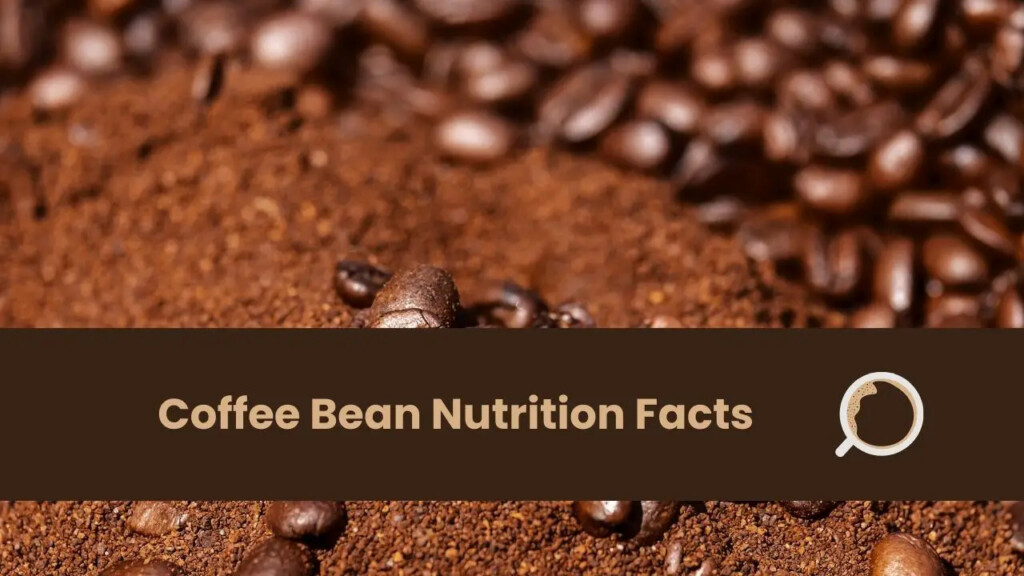Coffee beans are a rich source of antioxidants, which help protect the body from damage caused by harmful molecules known as free radicals. They also contain essential nutrients such as riboflavin, pantothenic acid, manganese, potassium, magnesium, and niacin. These nutrients play a crucial role in maintaining overall health and well-being.
Additionally, coffee beans are known to improve cognitive function, boost metabolism, and enhance physical performance. They have also been linked to a reduced risk of certain health conditions, including type 2 diabetes, Alzheimer’s disease, and Parkinson’s disease.
Coffee Bean Nutrition Information
Nutritional Content of Coffee Beans
A single cup of coffee made from ground beans contains approximately 2 calories, 0 grams of fat, 0 grams of cholesterol, 0 milligrams of sodium, 0 grams of carbohydrates, and 0 grams of protein. The nutritional content of coffee beans can vary depending on the brewing method and any additives such as sugar or cream.
Coffee beans are also a good source of caffeine, a natural stimulant that can improve mental alertness and concentration. However, it is important to consume caffeine in moderation, as excessive intake can lead to negative side effects such as insomnia, restlessness, and increased heart rate.
How to Incorporate Coffee Beans into Your Diet
There are many ways to enjoy the nutritional benefits of coffee beans. You can brew a fresh cup of coffee using a drip coffee maker, French press, or espresso machine. You can also add ground coffee beans to smoothies, oatmeal, or baked goods for a boost of flavor and nutrients.
When choosing coffee beans, opt for organic, fair-trade varieties to support sustainable farming practices and ensure the highest quality product. Be mindful of the amount of sugar and cream you add to your coffee, as these can significantly impact its nutritional content.
